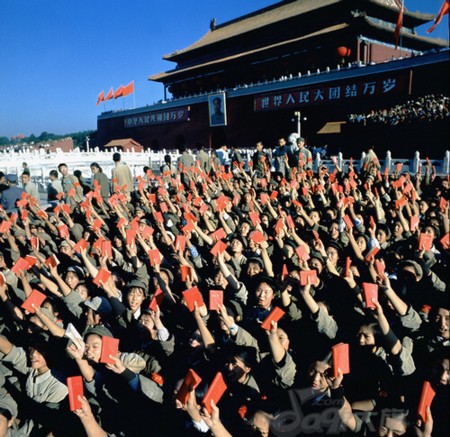Thus far, this blog has served as an expansive space to explore, in a sense, my research and own thoughtful musings. I have been researching the role Internet and new media play in the lives of the Chinese people and in their powerhouse government. More specifically, I have been examining new media from the perspective of the spectrum's counterpoints: an avenue for rebellion among the underground (emerging?) human rights activists or a seemingly invincible government weapon capable of annihilating any hope for revolution.
I can honestly say I approached the research process with as little bias as possible. I had never really studied the freedoms either opened or barricaded by the contrastive uses of media. I tried to understand the activities on both sides of the spectrum as well their respective repercussions. I am sorry to say, however, that in true Orwellian style, the government remains the victor.
True, there are plenty of counterarguments regarding Chinese activists rallying anti-government sentiment, however, the
countless instances of government intervention,
notable abductions and disappearances, and the
point-blank removal of Internet services entirely only prove that the government's power is safe. Safe and sound and is likely to remain so.
If you have never read George Orwell's 1984, you may want to stop reading now.
In an oddly transcendent sort of way, realizing the seemingly impenetrable power China holds with its mouse and keyboard took me back to the night I finished Orwell's
1984 for the first time. It was some years ago, but I can still remember my hopeful naivety as I struggled through the last chapter. I still, in a way, hoped for redemption, but with every paragraph, every sentence, realized it would not come. I believe I even cried a little when I finally put the book down and accepted Orwell's future hell. Focusing on China, now, and finding myself nose to nose with a manifestation of Orwell's prediction is quite an unsettling experience, to say the least.
I wanted to be wrong; I wanted Orwell to be wrong. I wanted technology, new media, these creations unpredicted and unforeseen by Orwell, to somehow defy any government's efforts to establish totalitarianism. However, I have to return to Orwell again, I have to admit defeat again and resign my naivety yet again. China is as Orwell predicted; new media, Internet, technological advances have served Big Brother well.


